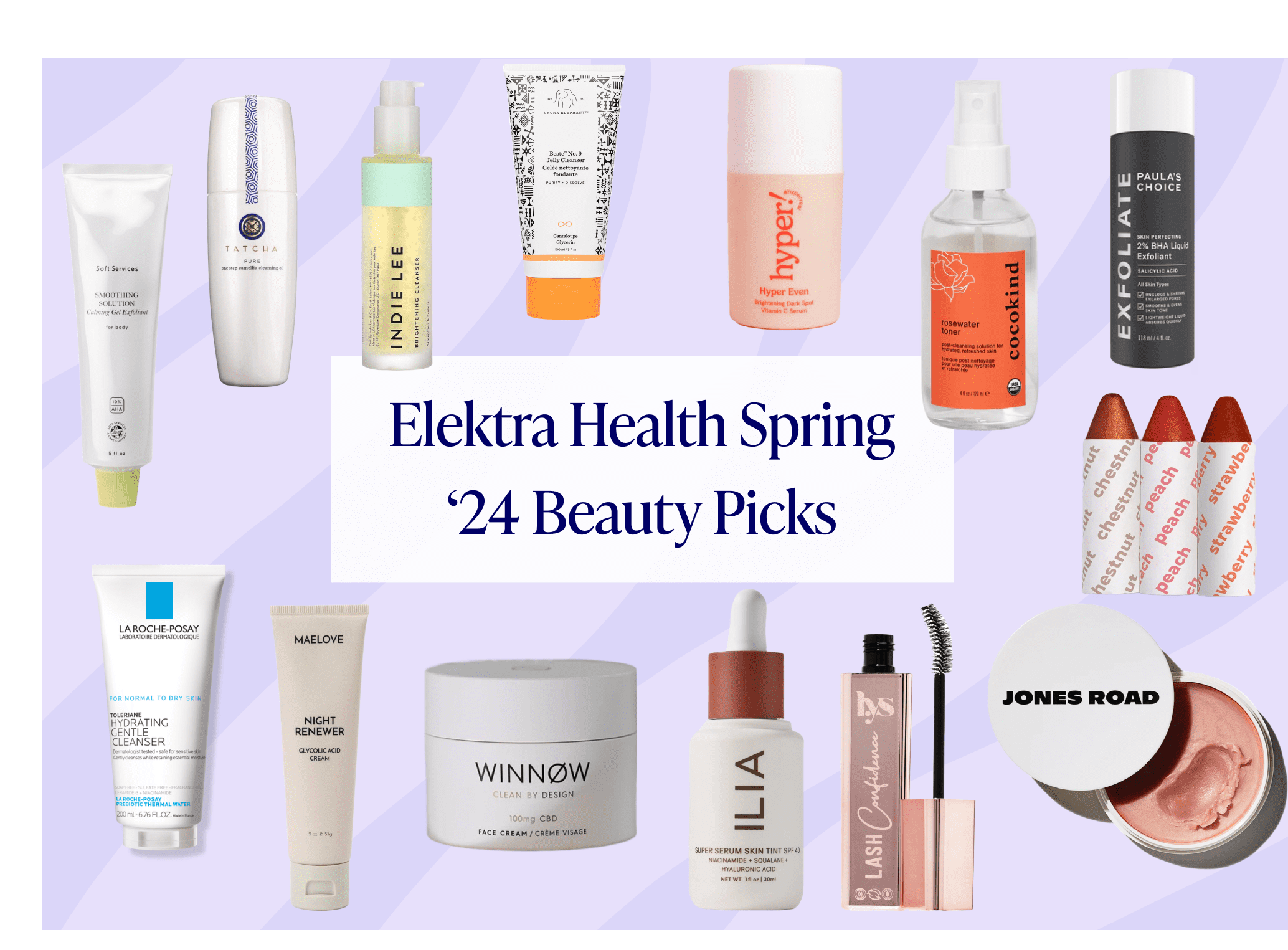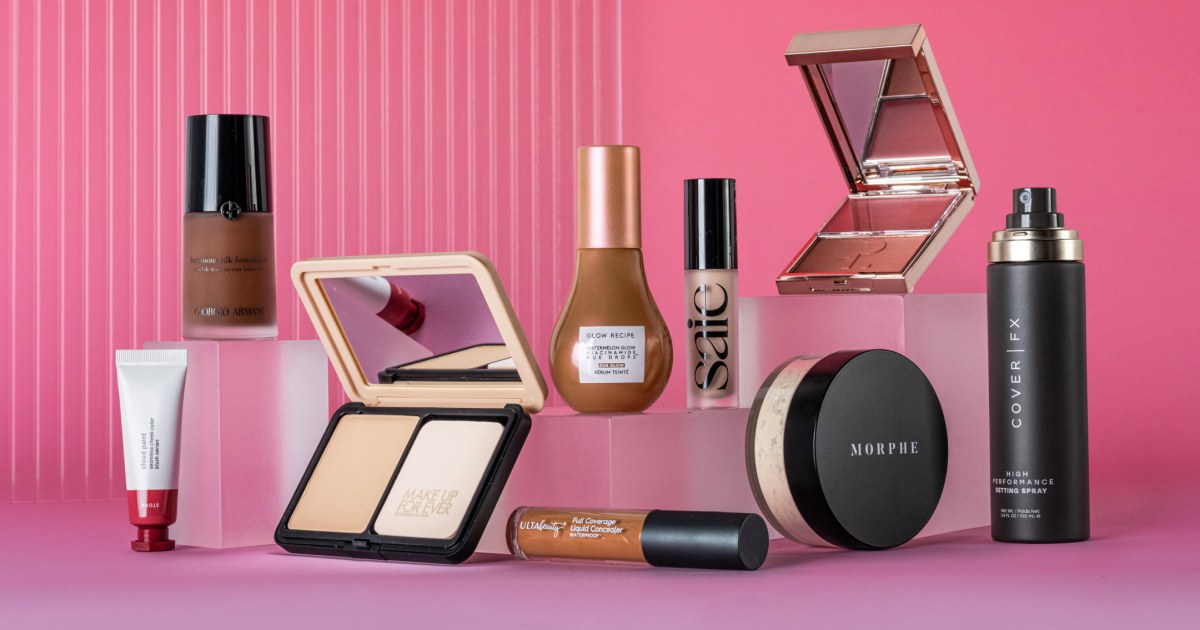Why Cruelty-Free Beauty Products Are the Future of Skincare and Cosmetics
The change towards cruelty-free elegance products is not just a pattern; it mirrors a substantial change in customer values and sector practices. The effects of this shift expand beyond customer preferences, elevating questions concerning the future of regulatory requirements and brand stability.
Expanding Consumer Recognition
The growing consumer recognition surrounding cruelty-free appeal items shows a substantial shift in societal worths towards honest intake. As individuals progressively focus on the well-being of animals and seek to make enlightened getting decisions, the demand for items that are not examined on animals has risen. This enhanced awareness is driven by a combination of aspects, consisting of the rise of digital systems that promote knowledge sharing, greater transparency from brand names, and campaigning for projects that highlight the ethical implications of standard screening approaches.
Customers are currently extra equipped than ever to research and recognize cruelty-free brands, leading to a more critical marketplace. More youthful generations, especially millennials and Gen Z, are leading the charge, often deciding for brands that personify their honest position.
Honest Considerations in Appeal
Ethical factors to consider in charm expand beyond the world of animal well-being, encompassing a more comprehensive spectrum of social and ecological impacts. Customers are increasingly inspecting the sourcing of ingredients, labor methods, and the ecological impact of beauty products. Brand names that prioritize honest techniques typically utilize sustainably sourced materials, lowering their environmental influence while supporting fair profession campaigns.
Additionally, the elegance industry has a considerable effect on global labor markets, particularly in establishing nations where several ingredients are sourced. Honest brands promote for fair labor practices, making sure that employees obtain reasonable incomes and secure working problems. This commitment to social responsibility not only enhances the lives of those associated with the production process yet likewise reverberates with customers that value openness and honesty.
In addition, the ecological influence of product packaging and manufacturing techniques can not be ignored. Brands are progressively embracing green product packaging remedies and decreasing waste, straightening with an expanding customer demand for sustainability. By dealing with these ethical considerations, beauty brand names can cultivate a much more conscientious industry that values both individuals and the world, leading the way for a future where accountable practices are the norm instead than the exemption.

The Influence On Brand Name Loyalty
Consumer loyalty to beauty brand names is significantly influenced by moral techniques, particularly in the world of cruelty-free and lasting items. cruelty-free beauty. As consumers become more socially conscious, their purchasing choices are regularly assisted by the honest implications of the items they select. Brands that focus on cruelty-free techniques not only appeal to this expanding group however also cultivate a feeling of count on and integrity amongst their client base

In addition, the openness surrounding cruelty-free certifications enhances customer self-confidence in the brand name's commitment to ethical techniques. This transparency can produce an emotional connection in between the customer and the brand, further solidifying commitment. In a period where brand credibility is progressively looked at, the dedication to cruelty-free practices is not just a pattern however a significant aspect in long-term brand commitment.
Developments in Cruelty-Free Formulations
As brand name commitment increasingly rests on honest techniques, business are reacting with ingenious strategies to cruelty-free formulas. The sector is seeing a rise in the advancement of alternatives to animal screening, utilizing innovative innovations such as artificial insemination testing and computer system modeling. These approaches not only satisfy moral standards however additionally speed up item growth timelines.
Furthermore, numerous brand names are harnessing the power of natural components that are both reliable and sustainable. Plant-based removes, bioengineered substances, and ethically sourced materials are getting traction, appealing to environmentally conscious consumers. Technologies in conservation techniques, such as using all-natural preservatives, improve item durability without jeopardizing cruelty-free integrity.
Brands are additionally investing in transparent sourcing practices, allowing consumers to trace the origin of ingredients. This transparency fosters count on and empowers consumers to make informed choices. Additionally, collaborations with non-profit companies and cruelty-free certifications are becoming much more common, signaling a dedication to moral techniques.
As the need for cruelty-free products continues to rise, these innovations not only redefine sector criteria yet additionally add to a much next page more humane future for beauty and skin care. The dedication to ethical solutions is improving consumer expectations and driving the marketplace towards higher accountability.
The Future of Regulatory Criteria
The landscape of regulatory criteria for cruelty-free appeal products is evolving swiftly in action to growing customer need for transparency and ethical techniques. As consumers increasingly focus on humane therapy of pets in product growth, regulative bodies are being urged to develop clearer guidelines and qualifications that define what constitutes cruelty-free.
Existing policies differ commonly by region, developing confusion amongst consumers and manufacturers alike. cruelty-free beauty. In the future, we can anticipate an approach standardized definitions and requirements, potentially bring about a combined global structure. This would certainly not only boost consumer trust yet also urge a lot more brands to embrace cruelty-free practices
Moreover, developments in modern technology, such as alternate testing techniques and in vitro designs, are likely to affect governing requirements. These technologies can pave the means for a lot more strict requirements that focus on humane techniques without endangering product security or efficiency.
The collaboration between visit their website market stakeholders, campaigning for groups, and regulative authorities will certainly be crucial fit these requirements. By cultivating discussion and developing cohesive policies, the appeal sector can ensure that cruelty-free practices end up being an important component of its moral landscape, inevitably benefiting consumers, animals, and the environment.
Final Thought
The change in the direction of cruelty-free elegance items signifies a pivotal change in the skincare and cosmetics sector. Increasing consumer awareness and honest factors to consider drive brand names to take on gentle techniques, cultivating greater brand name loyalty. Innovations in formulas not just improve item effectiveness yet additionally straighten with advancing governing criteria. Inevitably, the dedication to cruelty-free techniques is crucial for brand names looking for to thrive in a competitive market, as it resonates deeply with the worths of modern customers.